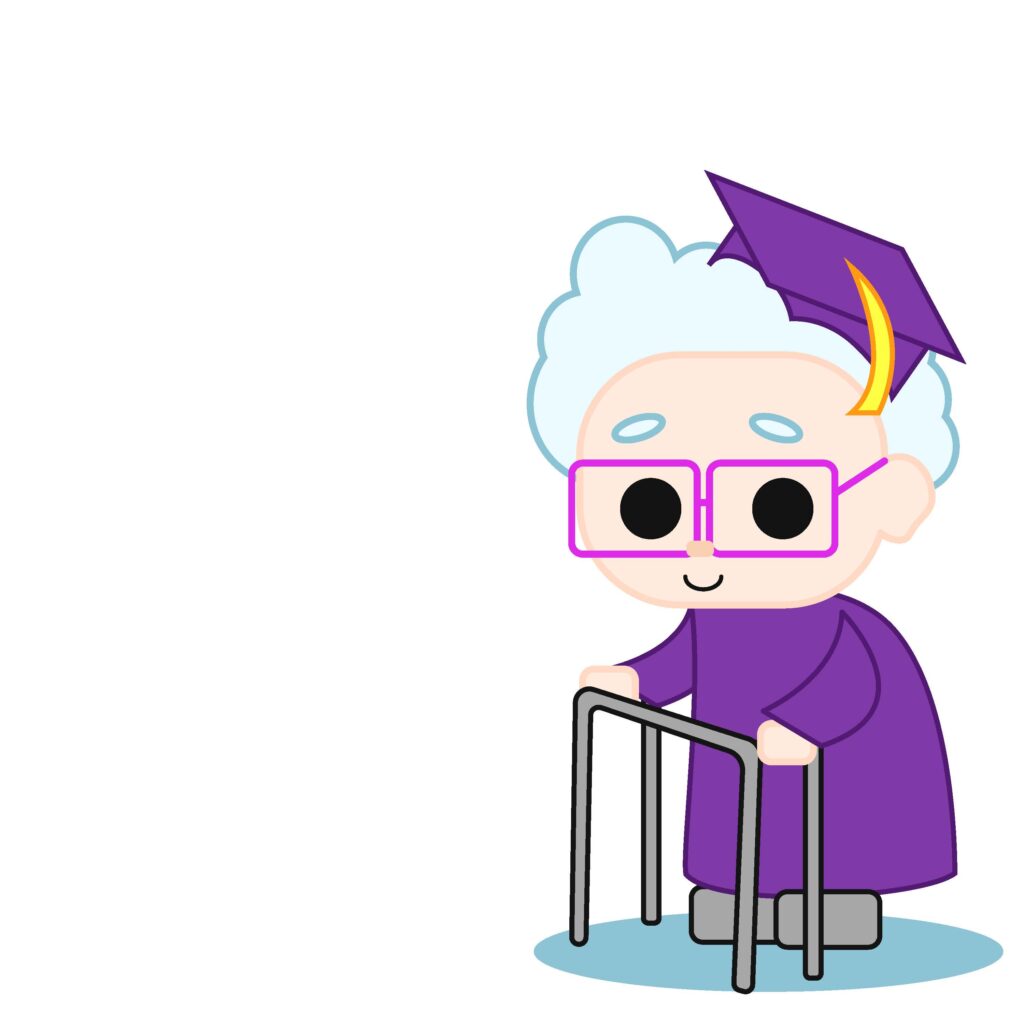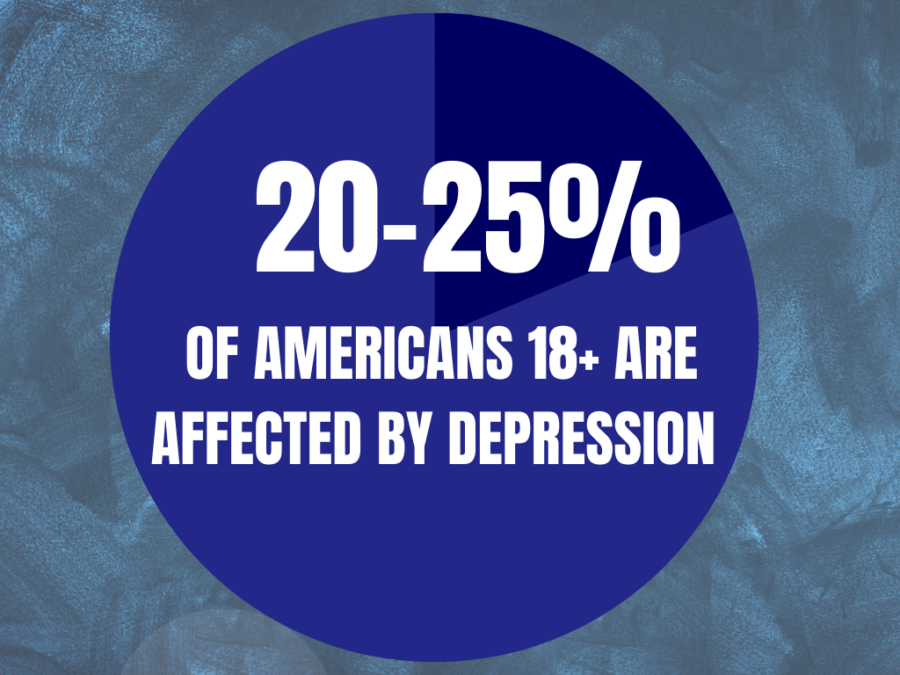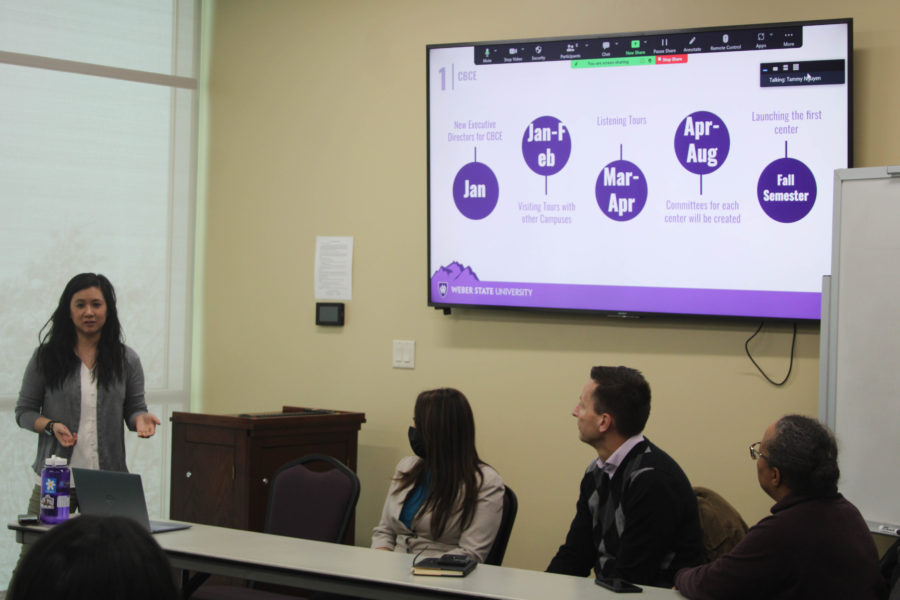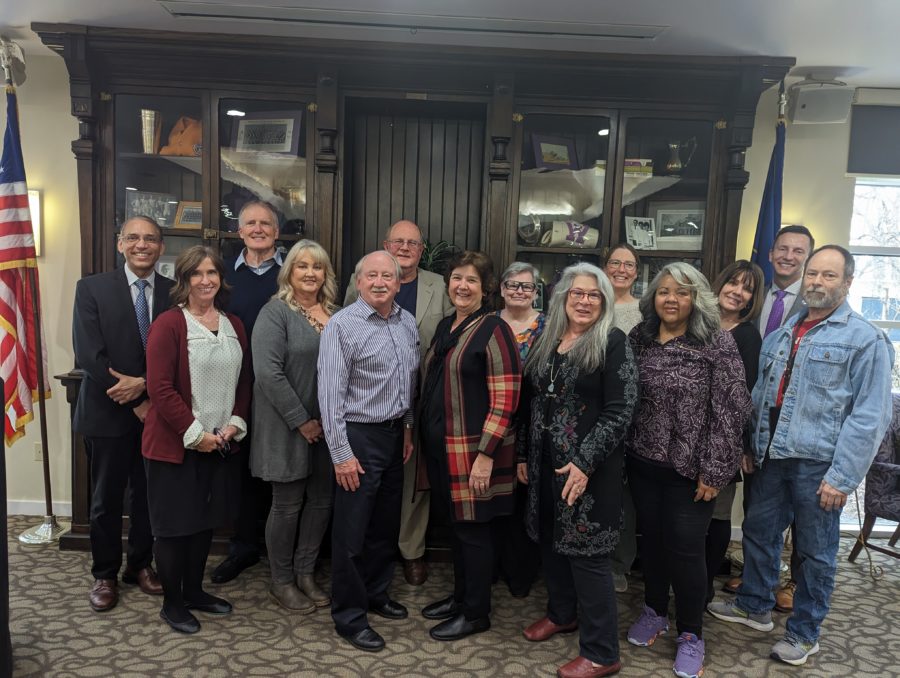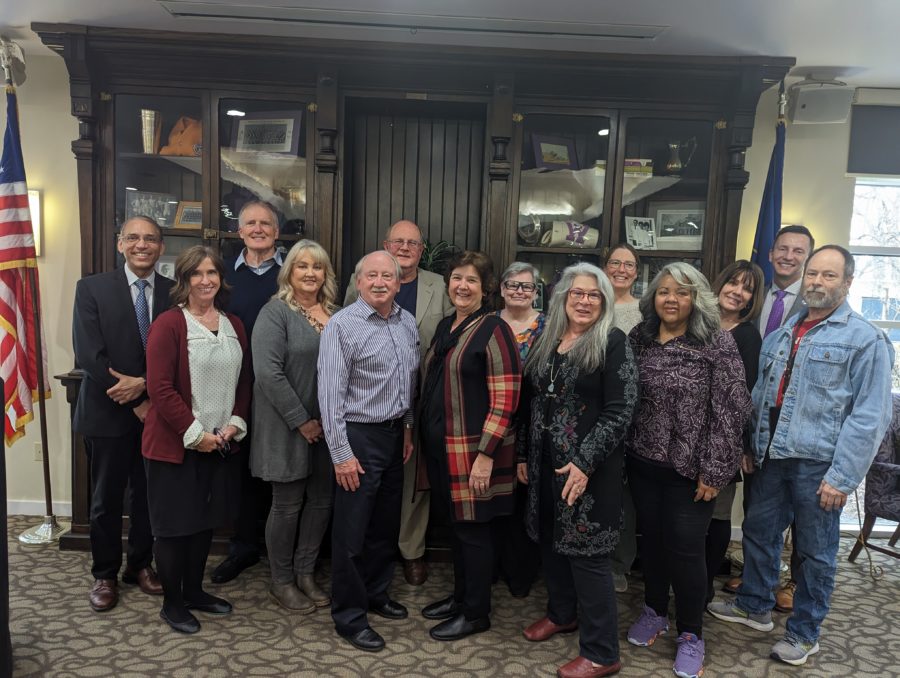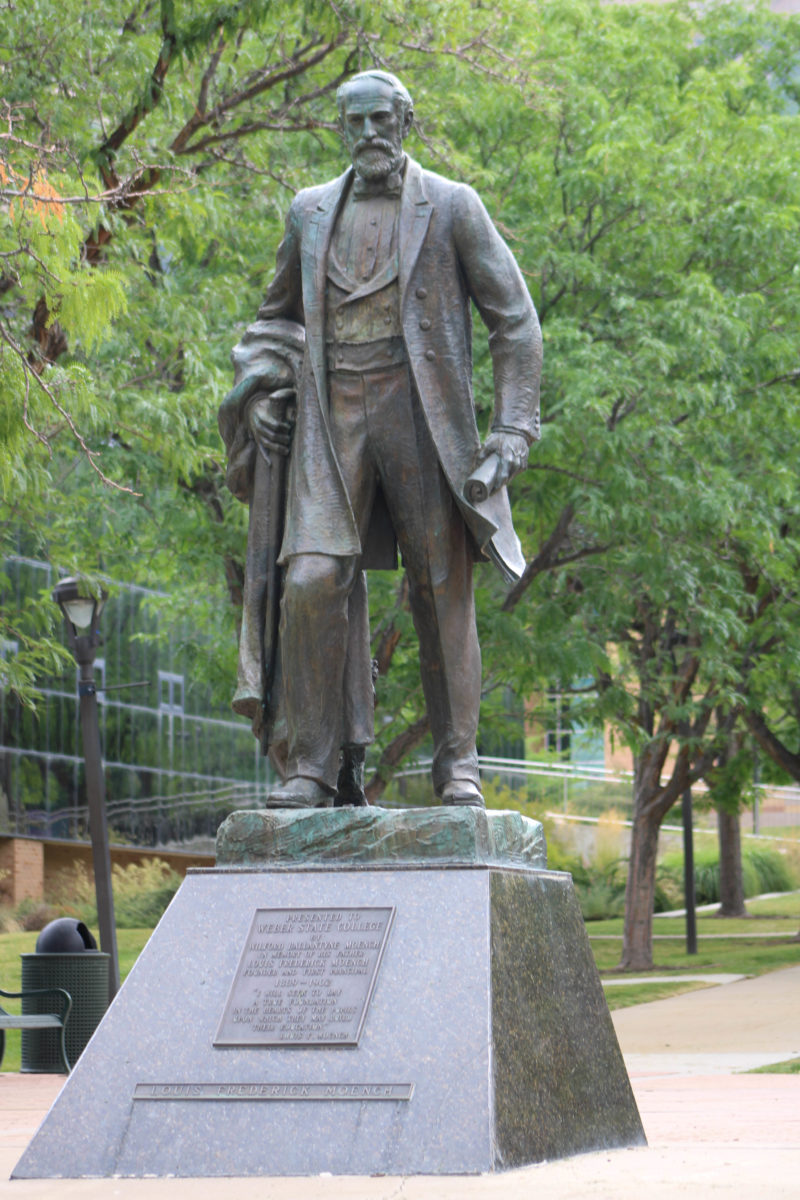Living the “American Dream” is a term that most of us have heard since we were young. We have been told that this dream of financial and social success is obtained through hard work and dedication.
Graduate high school, go to college and earn a degree, enter the workforce and then chase the dream. This scenario sounds great and works for many people, but for others, it is not possible for a number of reasons.
Life happens. Whether due to financial burdens, family situations or a multitude of other reasons, many individuals do not attend college after high school graduation.
In fact, according to the National Center for Education Statistics, just over 30 percent of high school graduates do not attend college after graduation. Of the 70 percent of graduates that do attend college, only 60 percent of them graduate within five years of starting an undergraduate program.
College is not for everyone, and some people have zero desire to attend. But, for those that do have the desire to gain a college education, the opportunity to attend college may not come until later in life.
Attending college later in life brings a whole new onslaught of challenges for these non-traditional students.
There is some argument amongst scholars as to what defines a non-traditional student. Most will agree that a non-traditional student is a student 25 years of age or older pursuing an undergraduate college degree.
Fifty-six percent of Weber State University’s student body identifies as non-traditional students. Compared to the rest of the country, that number is well above average.
The percentage of traditional verses non-traditional students fluctuates at colleges across the country. The National Center for Education Statistics states that between 60 and 70 percent of undergraduate students across the country fall into the category of a traditional student.
Having started my college experience at the age of 21, I once fell into the category of a traditional student. Fast forward nine years, and approaching 30, I am still an under graduate student and classify as a non-traditional student.
My story is like many non-traditional students: life happened. I got a good job, got married and pursued my dreams. I wouldn’t trade my life experiences for anything, and chasing my dreams has landed me a job in which I thoroughly enjoy and am passionate about.
However, despite my struggle with school, I am always drawn back to it. The best way to describe it is that earning a college degree was always the monkey on my back that I never could shake. So here I am, chipping away at my degree and inching closer to graduation each semester.
Having experienced college in both stages of my life, I believe that there are many strengths and dynamics that both traditional and non-traditional students bring to campus. Not one student is better than another, and each has a different college experience depending on the stage of life they are in when attending.
Each of us have a story. We all have a reason and a purpose for why we attend college and pursue a degree. I often hear from traditional students that attending college is what was expected of them. On the flip side, you have first-generation college attendees who broke the mold in their family and are branching into uncharted territories to better themselves.
Many non-traditional students are also parents with not only full-time jobs but families to tend to on top of a college class load. You also have individuals like myself, who have struggled with school and have not been able to finish their degrees for a multitude of reasons.
The biggest difference that I have noticed as a non-traditional student as opposed to a traditional student is my attitude. I attended college because it was what was expected of me. For this reason, I socialized much more than I studied. I had a great time but did not get anywhere in regards to furthering my education.
After a several year hiatus, I returned to Weber State because I wanted to better myself, not because it’s what my parents expected of me. This change in mentality has made a world of difference in my college experience.
Non-traditional students face several challenges that most traditional students do not. One of the biggest struggles is that of time management. John Parsons is 58-years-old, has a successful career that he has been in for almost 25 years, and is currently working on his bachelor degree.
Parsons said that one of the biggest challenges he has faced is a lack of time. He does not have the time to take a full class load, work his full-time job, and tend to his families needs.
To combat these time restraints that are a reoccurring theme amongst most non-traditional students, Parsons has been taking one to two classes each semester with the mentality of “slow and steady wins the race.”
Another challenge that non-traditional students face is the ability to adapt to change. Traditional students, more often than not, are up to date on different technologies and advancements in the ever-revolving door of education.
Many non-traditional students struggle to keep up, as things have often changed since they last attended school. In the technological day and age that we live in today, students must be able to navigate their way around these new technologies to be able to succeed.
I have personally experienced this struggle and have heard many other non-traditional students express these same frustrations. The saying “you can’t teach an old dog new tricks” has a lot of validity in this on-going struggle between change and non-traditional students.
The last challenge that seems to be reoccurring amongst most non-traditional students is that of self-doubt or lack of confidence. As a non-traditional student, you often feel out of place. It is easy to second guess yourself and doubt your ability to succeed at something that you seem so far behind with from the very get-go. All you can do is keep going.
The task of graduating from college and everything that goes into it can be daunting. There have been several times that it would have been easier to stop attending and go back to work. These are the times where the most personal growth can happen.
Some non-traditional students do have an advantage. A spouse or family support system to lean on during the hard times, and cheering them on through the entire journey, can help tremendously.
Dr. Stephanie Gomez, a communication instructor at Weber State, shared some interesting insights from a teacher’s point of view about non-traditional students. She said that her thoughts are generalizations as each student, traditional and non-traditional, are different and each brings something different to the table.
Gomez enjoys teaching non-traditional students because of the life experiences that they bring with them and their drive to further their education.
“Regardless of the reason, non-traditional students really want to be here, they want to learn and they are excited about their education,” Gomez said.
No matter your status, all students face struggles as we further our education and pursue a college degree. Learning to handle these different challenges is one of the many benefits of a college education that we can take into the real world after graduation.
Whether you find yourself in the category of a traditional student or non-traditional student, we all have a reason and a purpose as to why we are here. What’s your “Why”?



